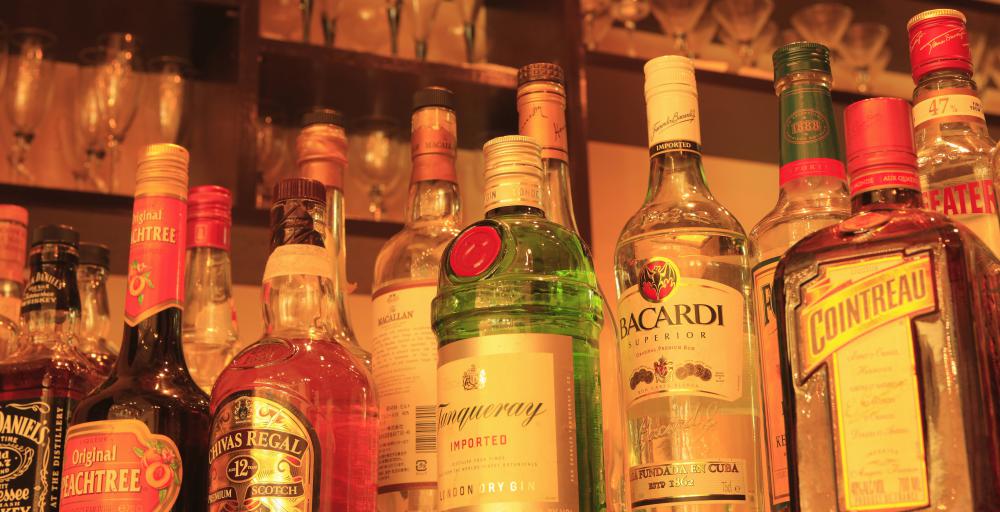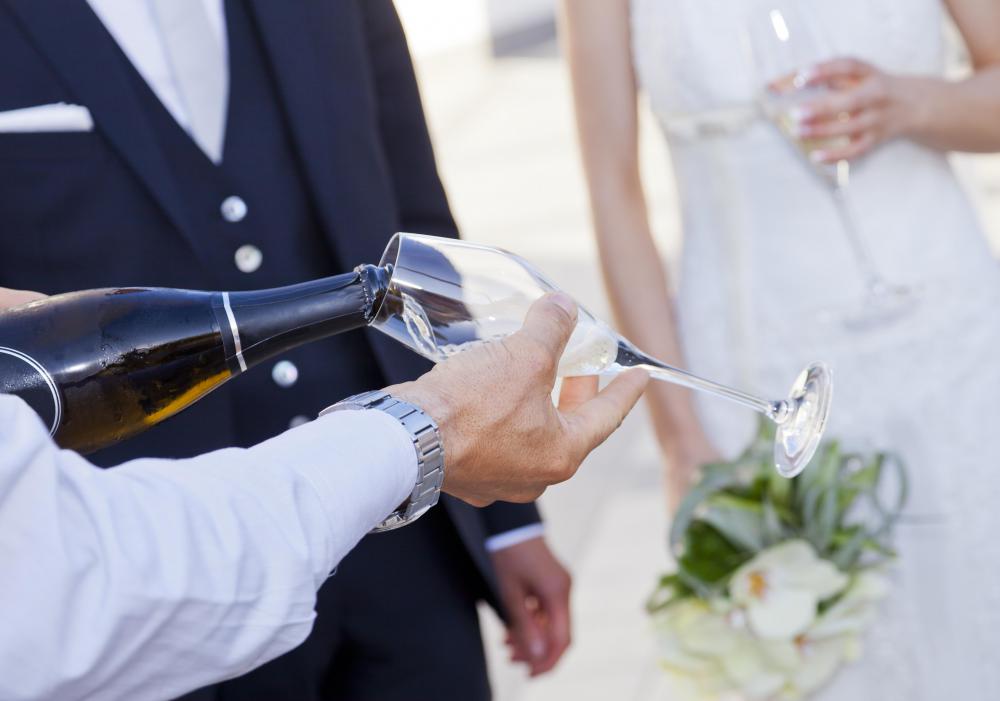At WiseGEEK, we're committed to delivering accurate, trustworthy information. Our expert-authored content is rigorously fact-checked and sourced from credible authorities. Discover how we uphold the highest standards in providing you with reliable knowledge.
What is a Liquor License?
A liquor license is a permit, or license, that authorizes its holder to sell or serve alcohol. The holder must usually make sure that the liquor license is visible on the premises and that liquor laws are followed. There are a few types of liquor licenses, usually issued to different types of establishments or venues. In the United States, each state is responsible for issuing these licenses, and liquor laws may vary slightly by state.
One common type of license is for a tavern, or bar. An establishment that sells more alcohol than food will usually need this type of license to sell and serve alcohol. Establishments that sell more food than alcohol, on the other hand, will usually need a restaurant liquor license to serve alcohol. Some restaurants may opt for beer and wine liquor licenses, which allow them to only serve beer and wine, not hard liquor.

Some special events may also need a permit to sell alcohol. Weddings, fund raisers, and other types of events will usually need a permit only if they plan on selling alcohol or charging individuals a fee for admittance, known as a cover charge. Most wineries and breweries will need a liquor license, as well, to operate.
Obtaining a liquor license can be a long process, and some applicants may not get the license until a year or more after they apply. The fee for the license also varies. Some states charge a small fee, while others may charge a much higher fee. Also, many areas distribute liquor licenses based on something known as a quota system.

With this system, only one liquor license is allowed in an area for every certain number of residents. For example, if an area has 9,000 residents and only one license is allowed per 3,000 residents, only three liquor licenses can be issued in that area. An establishment that applies for a license in an area where this quota has been met will either be turned down, or go in front of a board of local businesses and citizens to argue its case for an exception to the quota.
Applicants with a previous criminal history could also get turned down. This may not always be the case, however, if an applicant can explain the violation and reasons why that violation should not impede his getting a liquor license. An applicant who has violated an alcohol law in the past, on the other hand, will most likely not be able to get a liquor license.
Some states are also able to revoke an establishment's liquor license. This is usually based on the number of violations that particular establishment has had in a certain period of time, as well as the problems it has caused in the past. For example, Pennsylvania has something known as the nuisance bar program. Bars and restaurants that are sources of problems, such as underage drinking or problematic drunk patrons, can have their licenses suspended for a certain period of time, or even revoked indefinitely.
AS FEATURED ON:
AS FEATURED ON:












Discuss this Article
Post your comments